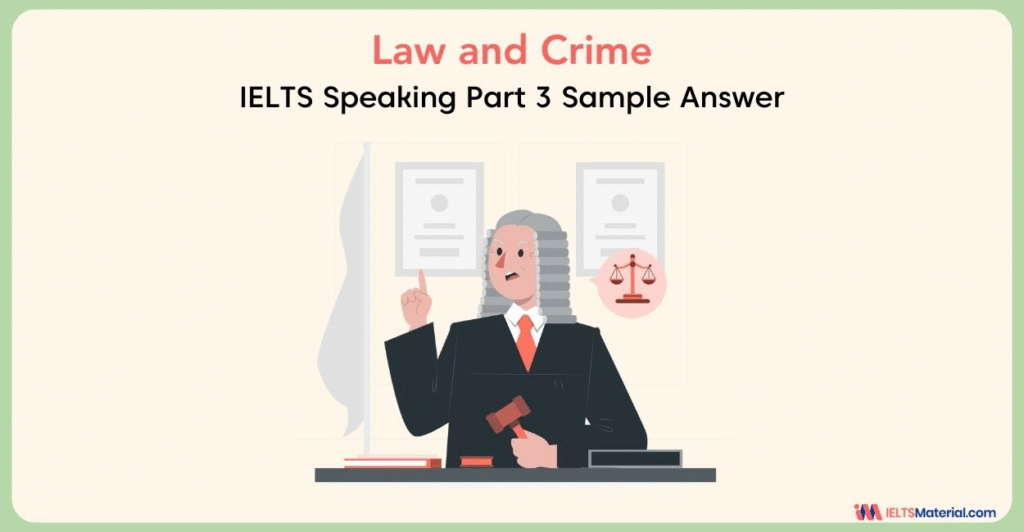Have you ever met someone who speaks with so much confidence that you believe every word they say—only to find out later they weren’t telling the truth? Speaking confidently but dishonestly is more common than most people realize. It happens in workplaces, relationships, politics, and even everyday conversations. This article will explain why people do it, how to recognize it, and what you can do when faced with a confident liar.
What Does “Speaking Confidently But Dishonestly” Mean?
“Speaking confidently but dishonestly” means delivering false or misleading information with strong self-assurance and a convincing tone. It’s not just about lying—it’s about lying in a way that makes others believe you because you sound so certain.
For example, someone might exaggerate their achievements during a job interview. Or a salesperson might claim their product works miracles without evidence. The key here isn’t just the lie; it’s the confidence in how it’s presented.
This behavior can be intentional or subconscious. Some people train themselves to sound persuasive, even when they’re not being fully truthful. Others have a natural charm that makes their falsehoods harder to spot.
Why Do People Speak Confidently Even When Lying?
Humans are wired to trust confidence. We assume someone who speaks with authority “must know what they’re talking about.” This psychological shortcut often works—but dishonest people exploit it.
Speaking confidently while lying often serves a purpose. It’s a tool to gain trust quickly, control a narrative, or hide insecurities. Many people develop this habit because they’ve seen it work before. Over time, they learn they can get away with more by adding confidence to their words.
In some cases, people don’t even realize they’re being dishonest. They may be overly optimistic, or they may repeat misinformation they believe is true. But others knowingly manipulate situations for their own benefit.
To Look Smart or Powerful
One major reason people speak confidently but dishonestly is to appear smarter, more capable, or more influential than they really are.

In a competitive environment—like a business meeting or social gathering—people may exaggerate their knowledge or success. They want others to see them as experts or leaders. Confidence is often mistaken for competence, and dishonest individuals take advantage of that perception.
To Cover Up Mistakes
When people make mistakes, their first instinct may be to hide them. Instead of admitting fault, they might talk with assurance to make it seem like everything is under control. This happens often in workplaces, where admitting mistakes can feel risky. A confident tone gives others the impression that no error occurred.
To Trick or Influence Others
Some people deliberately use confident dishonesty to manipulate or deceive others. This tactic is common among scammers, con artists, and even certain public figures. They know that the louder and more certain they sound, the less likely others are to question their words. This behavior preys on our natural trust in confidence.
How to Spot Confident but Dishonest Speakers
Identifying someone who is speaking confidently but dishonestly takes practice. Look for these signs:
- Inconsistent details – Their story changes slightly each time they tell it.
- Overly smooth delivery – They seem rehearsed or too perfect in their explanations.
- Avoiding specifics – They give general answers instead of concrete facts.
- Defensiveness – They react strongly if questioned or challenged.
- Lack of evidence – They don’t provide proof when asked for it.
Trust your instincts. If something feels “off,” it may be worth investigating further.
Simple Tips to Handle Confident Liars
Dealing with a confident liar can be stressful, but you don’t have to feel powerless. The right approach can help you manage the situation without escalating conflict.
Stay Calm and Listen Carefully
Don’t let emotions take over. Stay calm and let the person speak. By listening carefully, you may notice inconsistencies or red flags in their story. Watch their body language and tone. Many confident liars slip up when they feel less pressure.
Ask Questions That Need Honest Answers
When you suspect dishonesty, ask direct questions that require factual answers. For example:

- “Can you provide an example?”
- “Where did you hear that information?”
- “Do you have proof to back that up?”
The goal isn’t to accuse them but to encourage honesty. A confident liar often struggles when pressed for specifics.
Is It Bad to Speak Confidently But Dishonestly?
Yes—because it erodes trust. Even small lies can damage relationships and reputations when discovered. While confidence is a valuable skill, pairing it with dishonesty turns it into manipulation. Over time, people lose faith in someone who repeatedly misleads them.
How to Speak Confidently Without Lying
The good news is you don’t need dishonesty to sound confident. Focus on mastering your subject, practicing clear communication, and believing in yourself. Real confidence comes from knowledge, not deception.
Practice Honest Communication
Honest communication builds credibility. When you don’t know an answer, admit it rather than making something up. People respect transparency and are more likely to trust you long-term. Practice phrases like:
- “I’m not sure, but I’ll find out.”
- “Here’s what I know so far.”
These responses show confidence and integrity at the same time.
Build Real Confidence, Not Fake
True confidence doesn’t require lying. Work on improving your skills, gaining experience, and believing in your abilities. Fake confidence may fool people temporarily, but real confidence creates lasting trust and respect.
The Bottom Line
Speaking confidently but dishonestly is a widespread problem. It happens because people want to appear strong, avoid blame, or influence others unfairly. But while confident liars may succeed in the short term, the long-term damage to trust is significant.
Learning how to spot and handle confident dishonesty can protect you from being misled. At the same time, practicing honest communication and building real confidence can help you succeed without ever needing to lie. Remember: truth spoken with confidence is far more powerful than any falsehood.

